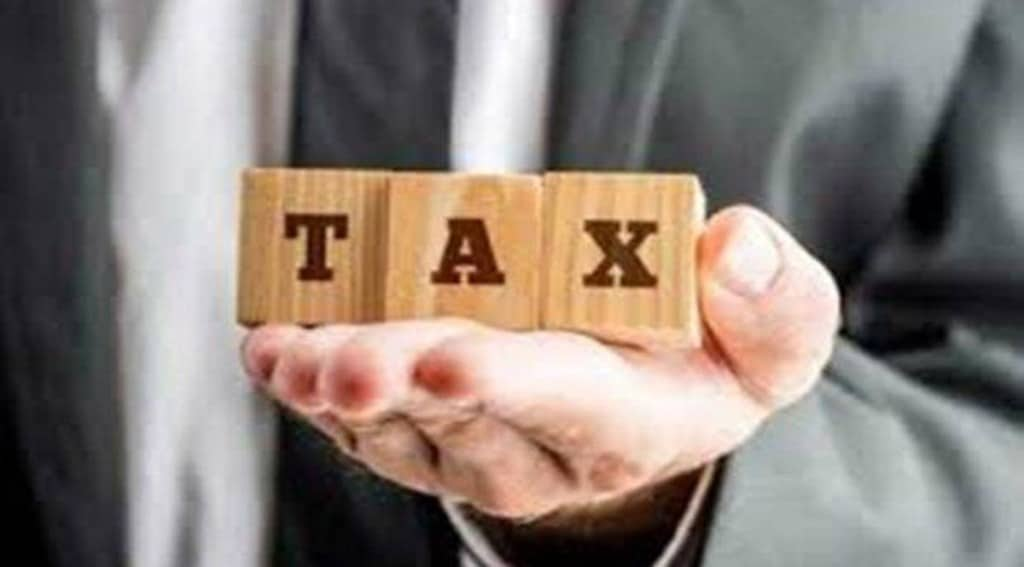The budget proposal to defer filing of appeals against the tax assessees until similar substantial question of law is decided by the high courts or the Supreme Court amounted to an extension of dispute resolution scheme — Vivad Se Vishwas (VSV) — and would would confidence among taxpayers and reduce fresh generation of litigation, Central Board of Direct Taxes chairman JB Mohapatra told FE.
The VSV had exiisted beween March 17, 2020, and March 31, 2021. It resolved nearly one third of all direct tax disputes but led to collection of just over Rs 54,000 crore, while the amount disputed was several times higher. Even as the Budget proposal to levy 10% tax deducted at source (TDS) on benefit or perquisite of a business raised hackles, the official said the move would ensure such payments in business promotion activities don’t escape the tax net.
A new section 194R is proposed to be included in the Income Tax Act to provide that the person responsible for providing to a resident, any benefit or perquisite, whether convertible into money or not, arising from carrying out of a business or exercising of a profession by such resident, shall ensure that TDS has been deducted.
“The foreign tour or jaunts organised for business promotion typically would be for one day, but the executives may stay there for longer under company expenses. These will have the potential of getting covered under the new 194R. People who are partaking these benefits are not reporting these in their tax returns,” Mohapatra said.
On the proposed move to not generate fresh litigation, the official said the new section 158AB will will prevent repetitive appeals from the tax department side. “VSV was to eliminate and reduce continuing litigation in various courts, the new proposal is not to generate those kinds of litigation on behalf of the department, which are deemed to be infructuous or wait until the decision of the jurisdictional high court,” he said.
On why tax demand raised but not realised over the years is at about Rs 14 lakh crore, the official said these were demands created in FY20 and earlier years. “There will be various situations in which demand does not become recoverable automatically because of various reasons such as assessees not found, assets that are not commensurate to the demand created, the cases in BIFR, etc.” The department is vigilant to recover as much as possible, he added.


